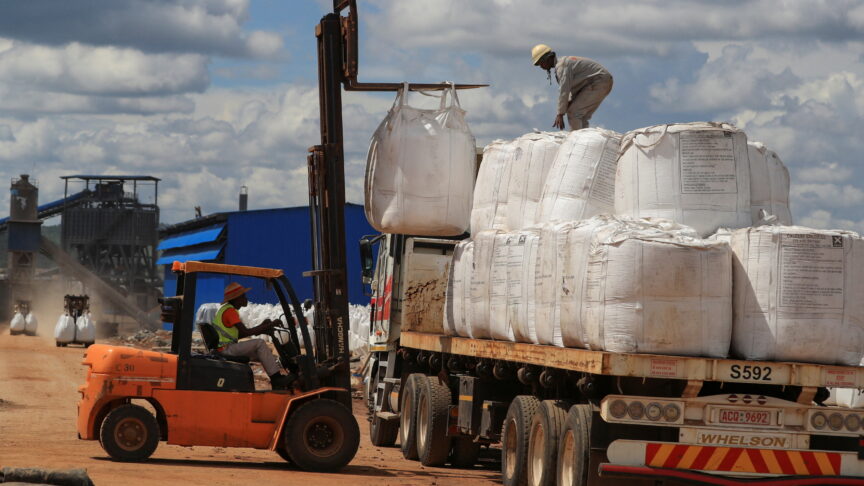View from London: Eurosceptics on the up
Cologne attacks embolden UK's eurosceptic forces ahead of British EU referendum
The UK didn’t need another reason not to make big commitments on helping resolve the refuge crisis in Europe.
Cameron’s government was pretty much resolved already that this was somebody else’s problem, and that, in any case, the debate on immigration (EU citizens, migrants, refugees, asylum seekers are all terms used fairly interchangeably in large parts of the UK media) was far too toxic in the context of the UK referendum to undertake too much solidarity with Germany, Sweden and others on the receiving end of large refugee inflows.
But with the New Year’s Eve criminal attacks in Cologne and other cities, it got one anyway. The news that those arrested in connection with the crimes were of North African origin, and that a number claimed to be refugees has been met, with a rather grim ‘I told you so’ in the Eurosceptic parts of the UK media.
Anti-EU groups have shamelessly played the events in Cologne straight into the UK referendum discussion. Without a hint of embarrassment about exploiting Germany’s challenges for his own political ends, Nigel Farage erroneously argued on LBC radio on 8 January that though the Cologne attackers didn’t have EU passports, they would be able to get German passports in 3-4 years. On the basis of timing, this tactic (combined with the fear instilled by the Paris attacks in November) appears to have successfully fuelled an uptick in support for the Leave campaign in the UK. The Survation poll for the Mail on Sunday (which excludes undecided voters) showed support on 15 and 16 January for leaving the EU at 53 percent compared to 47 percent support for remaining. The same poll showed in September 2015 support for leaving at 51 percent and for remaining at 49 percent.
This is not to say that there is no discussion at political level about the UK doing more on the global picture on refugee flows in 2016. The UK, which – perhaps more in words than action – is a firm advocate of tackling the root causes of the refugee crisis – will host an international conference on a refugee strategy for Syria in February. It may also be an active participant in the forthcoming UN resettlement pledging conference at the end of March. But if it does more, this is and was always unlikely to be in a European context. The firm resolve with which it has resisted discussions of burden sharing across the EU throughout 2015 was always set to continue in 2016, and the sad events in Cologne were simply a further nail in the coffin of UK co-operation in the EU on this vexed issue.
The European Council on Foreign Relations does not take collective positions. ECFR publications only represent the views of their individual authors.


